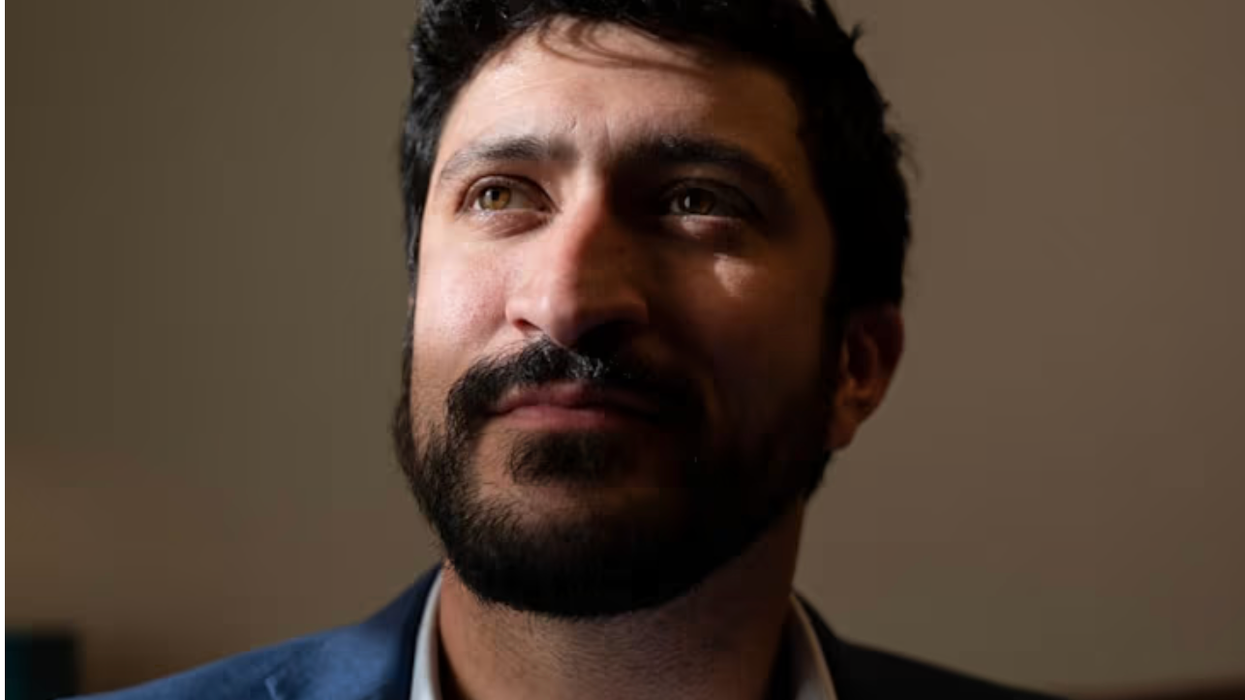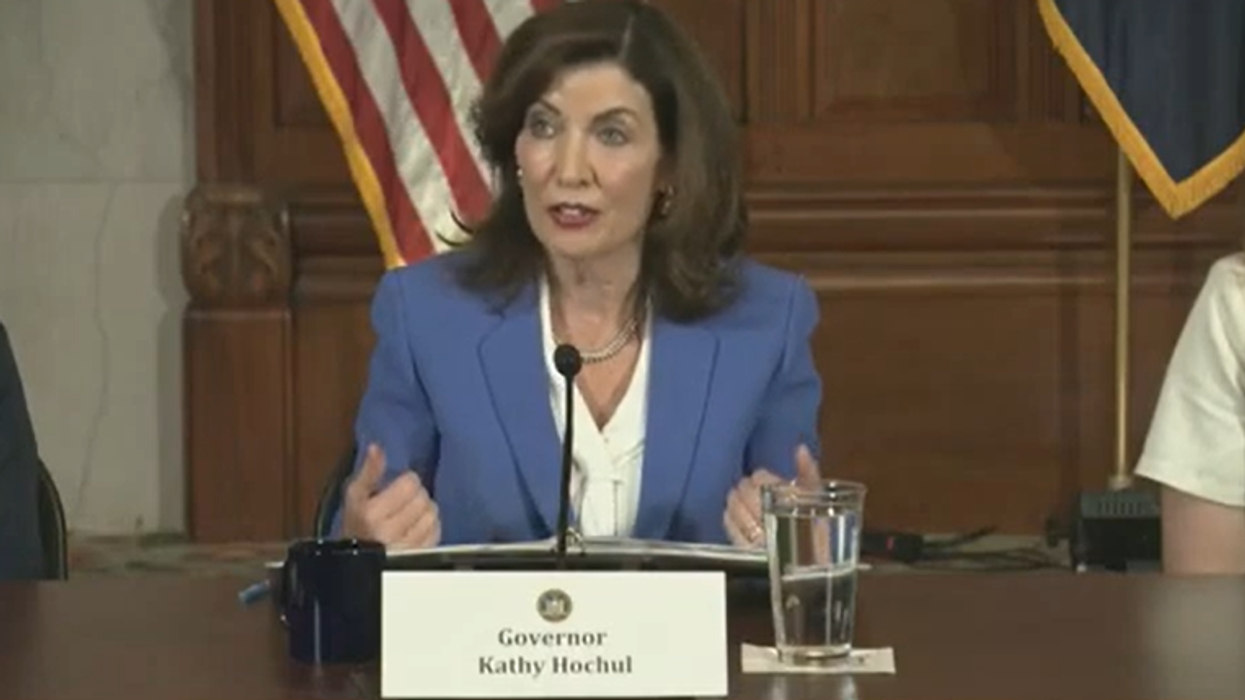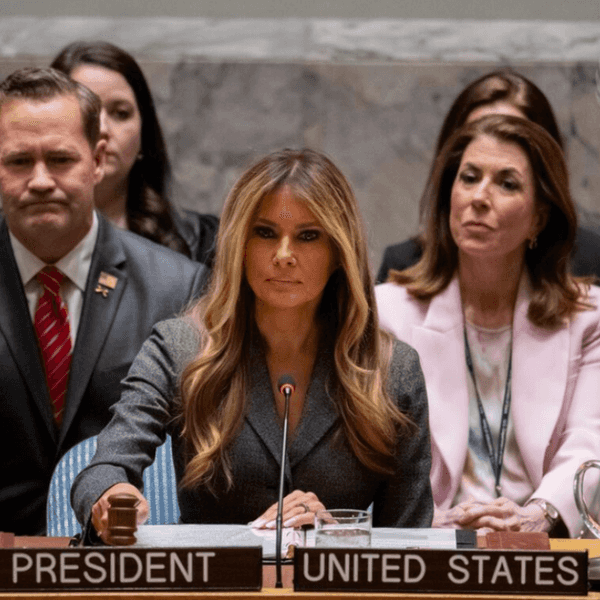Behind Those 'Good Government' Flyers Lies Another GOP Deception
I used to be a real do-gooder. National Board of Common Cause under Archie Cox and Fred Wertheimer; chair of the Massachusetts Ballot Law Commission; professor of election law. I did these things after working in the trenches because I really believed in the possibility of cleaning up the system. Until the Supreme Court got in the way. And, of course, then we happened into a constitutional crisis.
"Gerrymandering is Wrong — No Matter Who Does it," the flyer screamed from my mailbox. Now, that would have had my name on it in 2010, when California did the good-government thing and gave line-drawing to an independent commission. I'm sure I supported it then. But now? With Texas proposing to show up for this knife fight with a sledgehammer, we're going to come with a butter knife?
Who, I wondered, cared enough about good government in the midst of a knife fight to be taking that side?
Or maybe, said the political hack in me, it was just the Republicans playing tricks?
The mailer was sent by ProtectFairElections.org. No leads there. Takes you to a clean website to join the "coalition," but no information on the other coalition members. But in small print — always look for the small print — "Paid for by Right Path California."
What is Right Path California? Its website offers as little insight as ProtectFairElections.org, but with one big difference. Somebody chose to identify herself as the President and CEO of whatever it is, and that someone is Jessica Millan Patterson — and here's the pay dirt — whose most recent job was Chair of the Republican Party of California.
And that, of course, is the problem with the flyer. It's not about good government. This is not a "Sacramento Power Grab"; California's Landmark Election Reform is not "Under Attack by Sacramento Politicians," who everybody loves to hate in the abstract.
Our government reform is under threat by Donald Trump and the states, starting with Texas, that have agreed to his plan to try to subvert the midterm elections. Does he get to change the rules mid-census, as he tried to do last time? If the states won't block him, then California has threatened to match him, or at least match Texas. If their plan doesn't go into effect, neither does Sacramento's. Who is grabbing power from whom?
Texas is poised to keep the House — wrongly — in Republican hands. Two more years like this? And California is supposed to sit silently and let it happen? I don't think so.
Voters are dissatisfied with an opposition party that can't seem to find its footing to oppose an increasingly unpopular president. Who can blame them? My mailbox is filled with deceptive flyers like the one I received, financed by Trump supporters who want to keep Congress his. According to my research, millions are being quietly spent to support the Trump position by groups you and I have never heard of. Where is the Democratic response?
I'm glad California Gov. Gavin Newsom is playing games with Trump's head, but it can't just be Newsom. The Democratic team desperately needs leadership. Right now, like it or not, the leaders are Sen. Bernie Sanders (I-VT) and Rep. Alexandria Ocasio-Cortez (D-NY). What does that say about Sen. Chuck Schumer (D-NY) and Rep. Hakeem Jeffries (D-NY)? Sorry, but they're ineffective. It's not the Sacramento politicians I'm worried about, but the ones in Washington.
Susan Estrich is a celebrated feminist legal scholar, the first female president of the Harvard Law Review, and the first woman to run a U.S. presidential campaign. She has written eight books.
Reprinted with permission from Creators.












